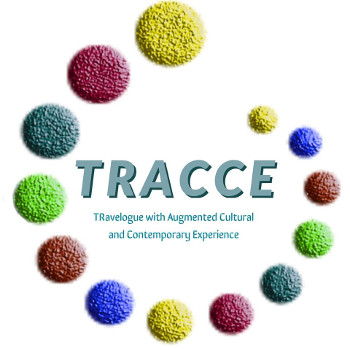Progress
A key role to play in achieving TRACCE's objectives is to develop a diffuse platform that will provide the infrastructure and services that will modernize and enrich the experience of today's tourists. In general, the project implementation methodology includes: a. research of selected travel publications as well as modern tourist experiences: research will lead to a comprehensive understanding and analysis of the touring experience, both related to the intangible and material Cultural Heritage, as well as to the modern Tourism Industry. b. research and development of standards for the computational representation of travel and travel experience for semantic organization and interconnection / integration of information: the creation of a broader ontology using the RDF, OWL and OWL2 ontology development technologies will include related areas of interest.
A prerequisite for expanding and correlating the concepts is the research of ontological models and metadata standards that have been exploited in the field of Culture, Tourism and Geography. Utilizing the ontology and query language of the SPARQL semantic web, data will be retrieved in repositories and can be semantically integrated into the diffused platform. The LODs collected and attributed to the browser ontology will be stored in an RDF repository. Embedding and storing data will serve in their later use by the AR application. c. Implementing the diffused platform and its components to produce AR narratives: its deployment tools should support at least the two most popular mobile platforms, iOS and Android, as well as provide access to the up-to-date hardware capabilities of the devices.
Work units
-
WP1 Requirements analysis and specification export
-
WP2 Excursion experience study
-
WP3 Computational representation of browsing experience
-
WP4 Development of diffuse platform components
-
WP5 Inclusion, Pilot Implementation and Evaluation

